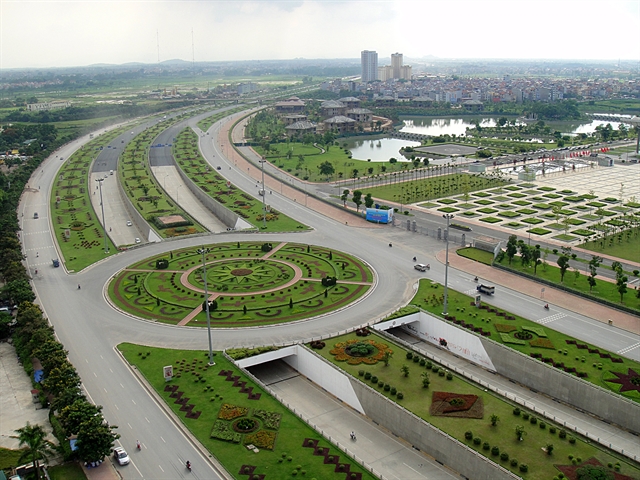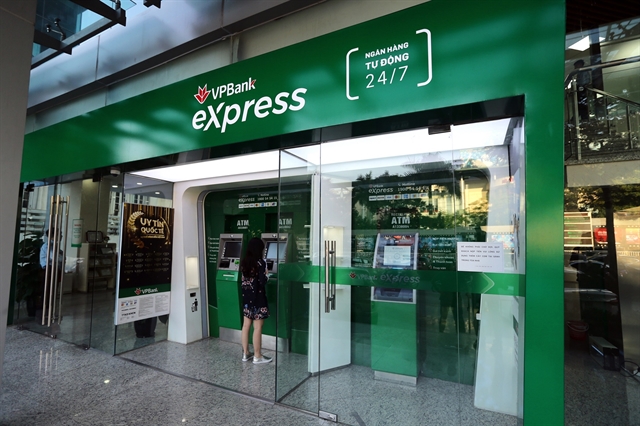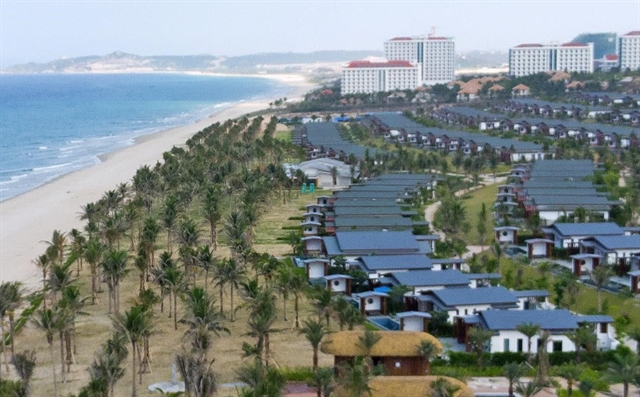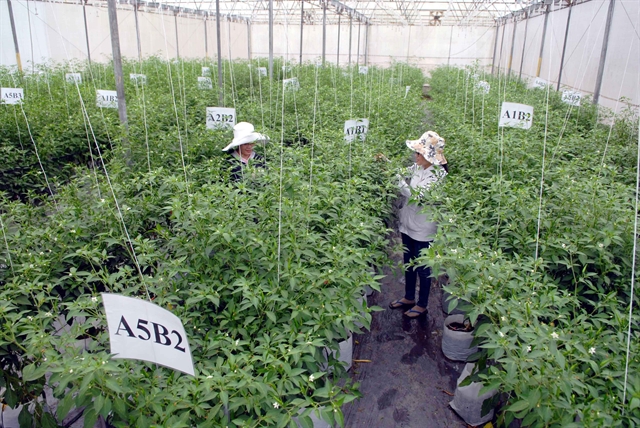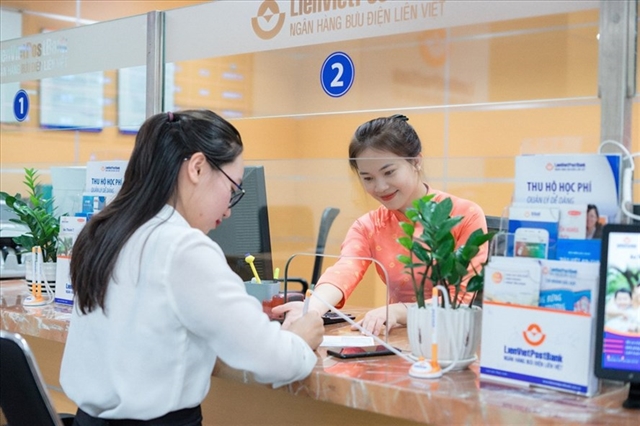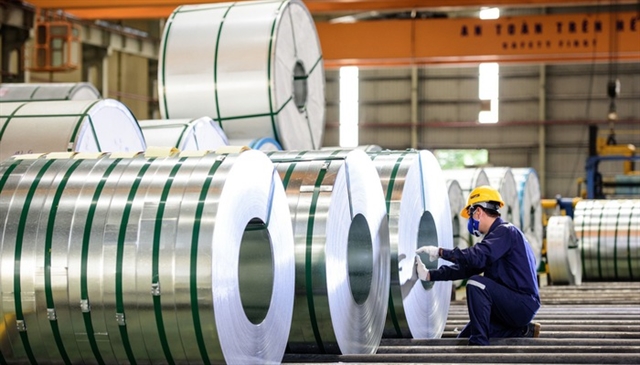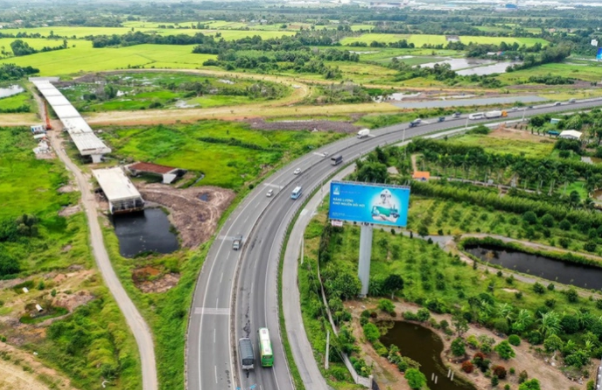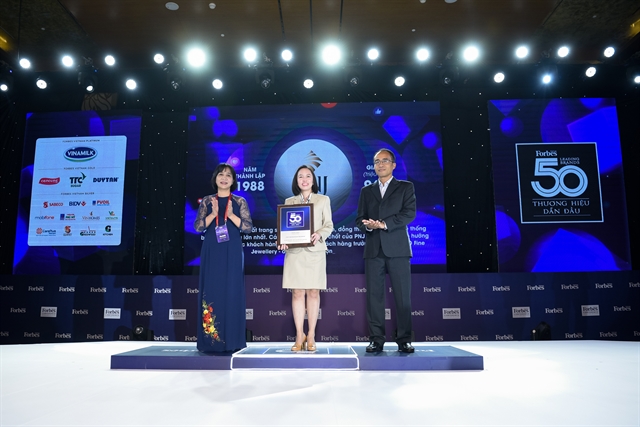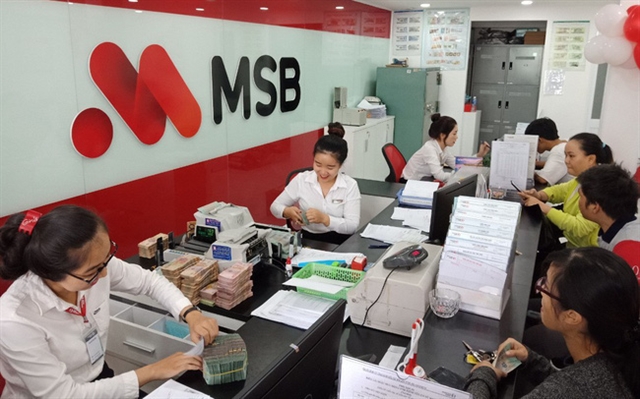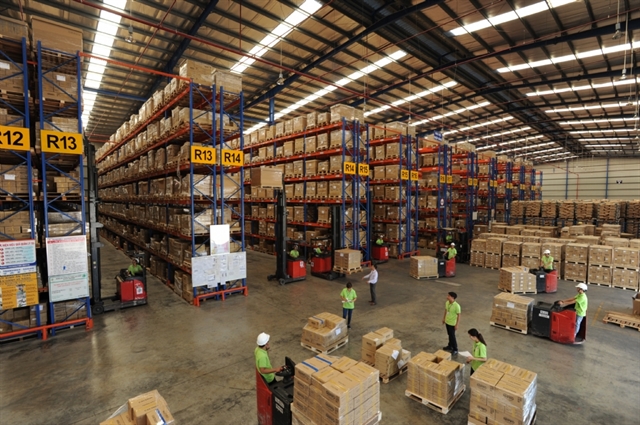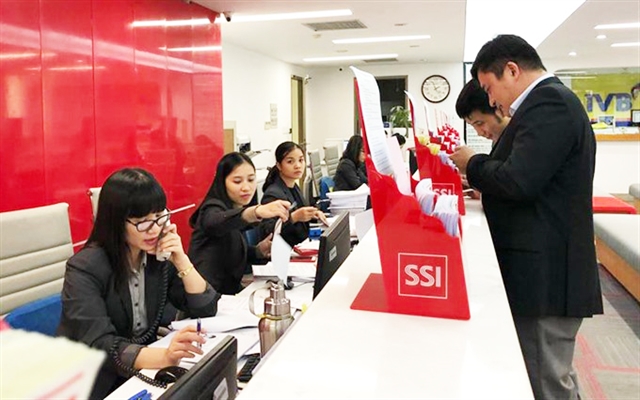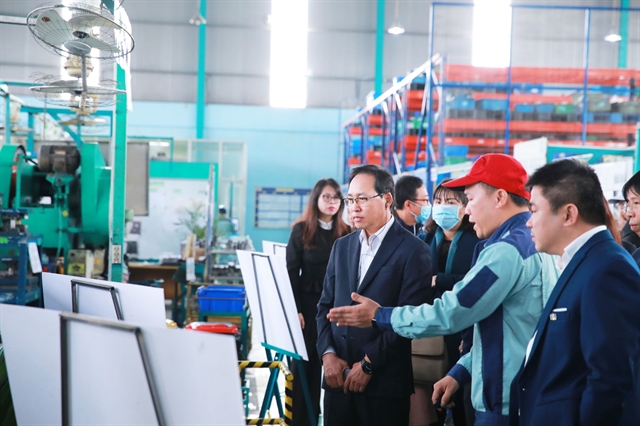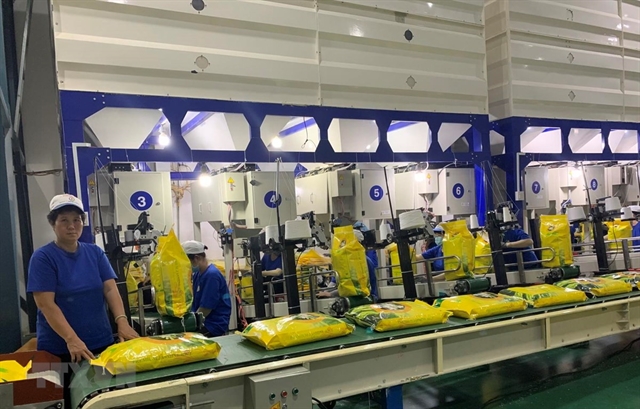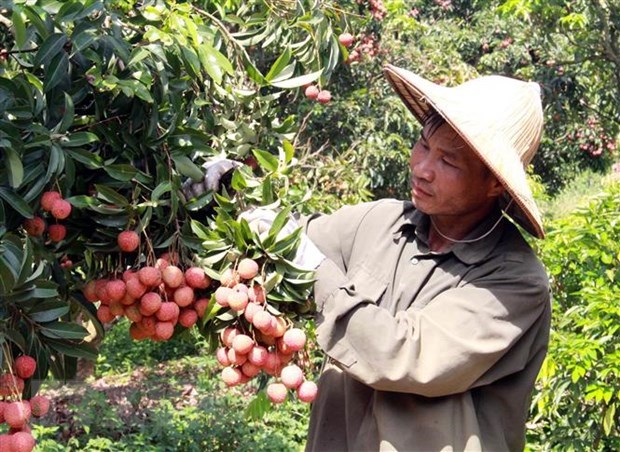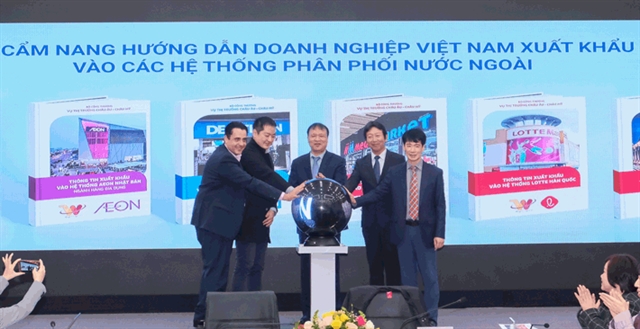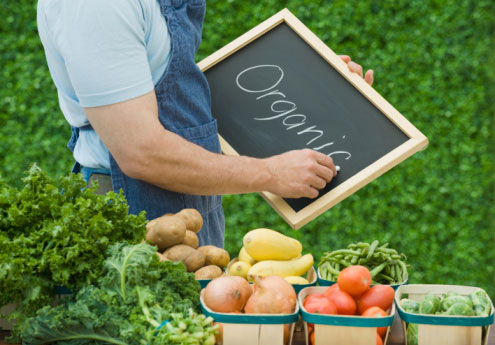
Compiled by Thiên Lý
On the last Saturday of November a unique market opened for a day in a café in District 1, HCMC: one selling fresh foods with organic certificates issued by Vietnamese and international agencies.
They included pork costing VNĐ400,000 per kilogramme and fruits and vegetables at VNĐ70,000-100,000.
The market was not only a place for consumers to buy organic farm produce but also for farmers to directly meet customers and introduce their products.
Such organic food markets have become more and more popular with both locals and foreigners in Việt Nam, especially in major cities like Hà Nội and HCMC where rising incomes mean people are increasingly interested in clean farm produce to protect the health of their families.
With this growing demand, the organic food market is becoming lucrative for businesses.
Analysts said Việt Nam is catching up with global trends in consumption of organic foods. It is becoming common to see meats, vegetables, roots, and other organic produce on the shelves of supermarkets across the country. They meet food safety standards such as VietGAP, GlobalGAP and Organic Natural.
Organic food producers also have their own shops or small markets to showcase and sell their products.
It is understandable since Việt Nam is a populous country where living standards are improving by the day, and more and more people are apprehensive about tainted food.
Organic foods cost two or three times higher than normal stuff.
Hoàng Thu Lan of HCMC’s Tân Bình District said she has a young child so buys organic farm produce to ensure a healthy diet for him.
It costs her family around VNĐ10 million (US$431) a month for organic meat, vegetables, fruits, and milk, VNĐ5-6 million more than for normal food.
But despite the high prices, the number of buyers is increasing, some organic food producers said.
According to Control Union, a private international company that has been in the commodity market since 1920, organic food demand in the US and EU markets is growing respectively by 10 per cent and 15 per cent a year and is likely to further increase in the coming years.
Similar growth is also expected in Việt Nam.
Sam Ho, managing director of Natural Food Group, said demand for organic products has increased tremendously, causing firms including his to import for distribution and even get into their production.
People are interested in organic foods especially to feed children and seniors, he added.
Many of the players getting into the business are big ones like Ecolink-Ecomart, Organik Dalat, Vien Phu Green Farm, Vinamit, TH True Milk, and Vinamilk, but small players do not want to be left out either.
Ngọc Diệp of Hương Đất Service Trading Production Company, said after recognising that organic vegetable production is lucrative her company expanded the growing area from just 5,000 square meters in HCM City to another 18,000sq.m in Kon Tum Province in the Central Highlands and plans to add 5,000 ha in Bà Rịa-Vũng Tàu Province within 10 years.
Phạm Thái Bình, general director of Trung An High-Tech Agriculture Company, said his company has tied up with farmers in many provinces in the Cửu Long River (Mekong) Delta to grow organic rice on a total area of 150,000 hectares this year, up from just 800 hectares last year.
Organic farming is an inevitable trend globally since it helps increase farmers’ incomes and reduce greenhouse gas emissions and chemical contamination.
But in Việt Nam, it is still only done on around 23,000 ha, or 0.2 per cent of the country’s arable lands, which means there is great potential to develop, according to experts.
But there is the challenge of having to depend on foreign organisations like Control Union, IMO and JAS for certifying organic products since Việt Nam is yet to have its own certification entities.
Besides, government policies on organic or climate-friendly agriculture are not adequate or clear, and the criteria and standards for certifying products as organic are too numerous and complicated.
Experts said while Việt Nam has the natural and social conditions to develop organic farming, especially items like vegetables, fruits, rice, tea, and seafood, the Government should have transparent and clear policies that encourage farmers to switch from chemicals-based farming to sustainable, environment-friendly agriculture to protect the health of the population and cope with international competition.
Increasing public awareness about the use and production of organic products is also a critical requirement, they said.
Finance ministry wants car registration fee cut ended
The Ministry of Finance wants the cut in the registration fee for locally manufactured automobiles to be terminated.
It said the Government should not continue with the reduction since Decree No.70 expires by the end of this year, and it was only a short-term measure to ease the difficulties caused by the impacts of the COVID-19 pandemic for local automakers.
The fee cut had cost the Government’s coffers VNĐ3.7 trillion, it said.
Another reason is that some foreign trade organisations and diplomatic agencies have written to it demanding there should be no discrimination between locally manufactured and imported cars, it added.
Prime Minister Nguyễn Xuân Phúc had issued Decree No.70/PM-2020 in June approving a 50 per cent reduction in the auto registration fees until the end of the year to boost consumption.
In July the Government had scrapped import tax on automobile components to promote automobile production in 2020-24.
In the previous policy, automakers must reach regulated output levels to enjoy the tax incentive, which benefits only producers with high output. For example, companies must produce at least 8,000 nine-seat cars with cylinder capacity of 2,500 cc or less in 2018 and 13,500 cars in 2022 to be eligible for the tariff.
Earlier automakers had to reach certain output levels to enjoy the tax incentives, meaning it benefited only large manufacturers. For example, companies had to produce at least 8,000 nine-seat cars with an engine capacity of 2,500 cc or less in 2018 and 13,500 in 2022 to be eligible for the tariff.
One of the tax incentive policies is the Government also issued decree No.55 dated May 25, which allows the import tax rate on automobile components to be cut from July 10 in an effort to promote the domestic automobile production and assembly industry in the 2020-24 period.
In detail, the decree No.55 offers a zero-import tax rate on automobile components for all those that import automobile components to supply automarkers.
After the car registration fee was halved, the auto market saw sales surge.
A Hyundai showroom in Hà Nội said sales increased by 30-40 per cent immediately.
A Mazda showroom in HCMC’s Tân Bình District said sales increased from 42 units in May to nearly 100 in June, the month in which the cut took effect. Another 100 buyers put down deposits by June end, it said.
But market observers said the sales boom did not last long and was not strong enough to make up for the decline in sales in the first several months of the year and auto inventories are now higher than in the same period last year.
Simply put, the fee cut has not revived the auto market.
Statistics from the Vietnam Automobile Manufacturers Association show that sales in January-October dipped by 18 per cent year-on-year to 212,400 units, with local manufacturers seeing a 12 per cent decline and importers, 20 per cent.
Analysts blame it on the second wave of the COVID-19 pandemic, which caused many people to lose incomes and even jobs, and hitting demand for consumer discretionary products.
Since fee cut only applied to cars made in the country, dealers needed to avoid a situation where these cars were much cheaper than imported ones.
Thus, prices were not as low as many expected following the registration fee cut, and this too affected sales, analysts said. VNS
